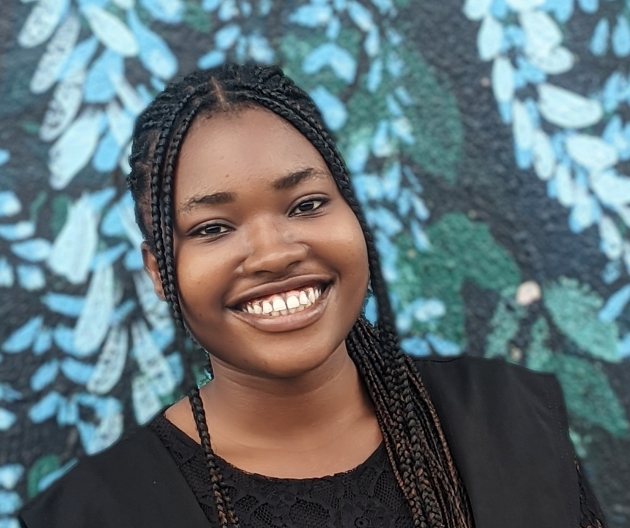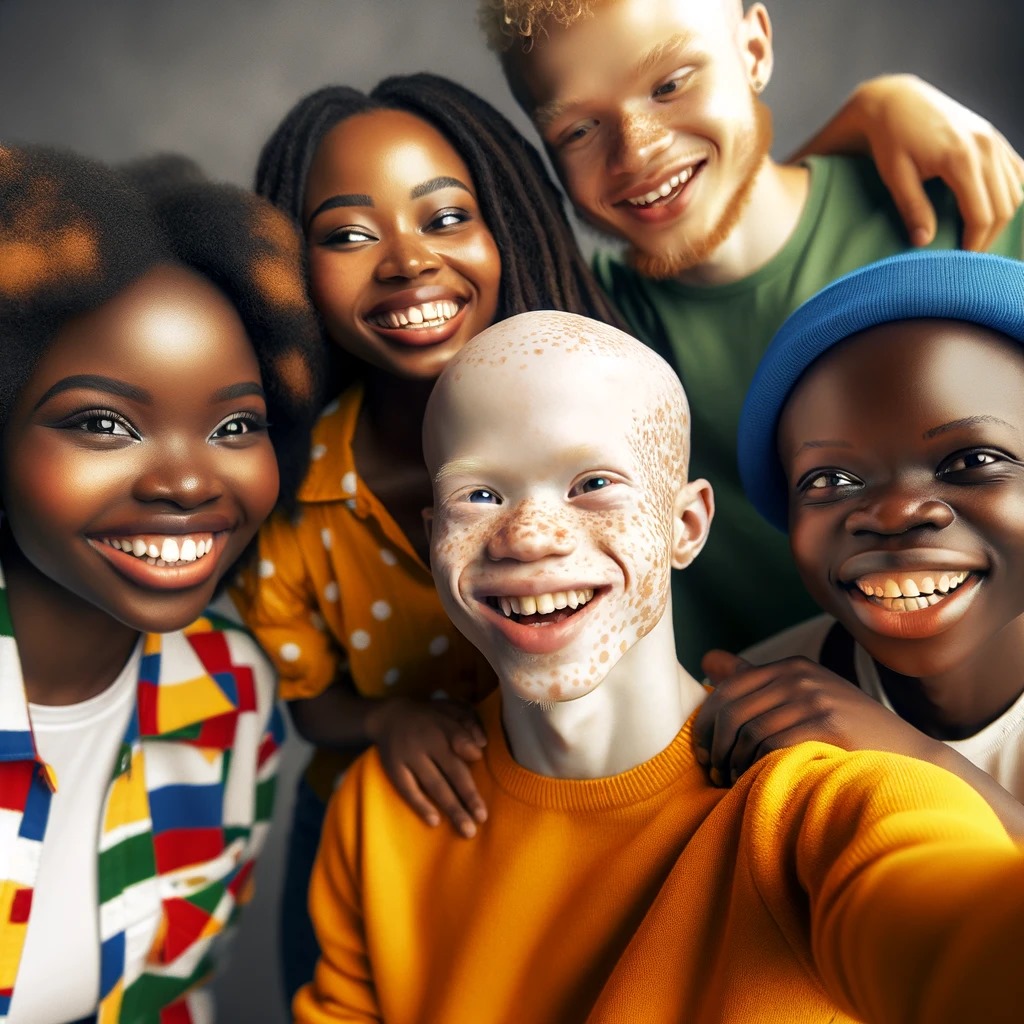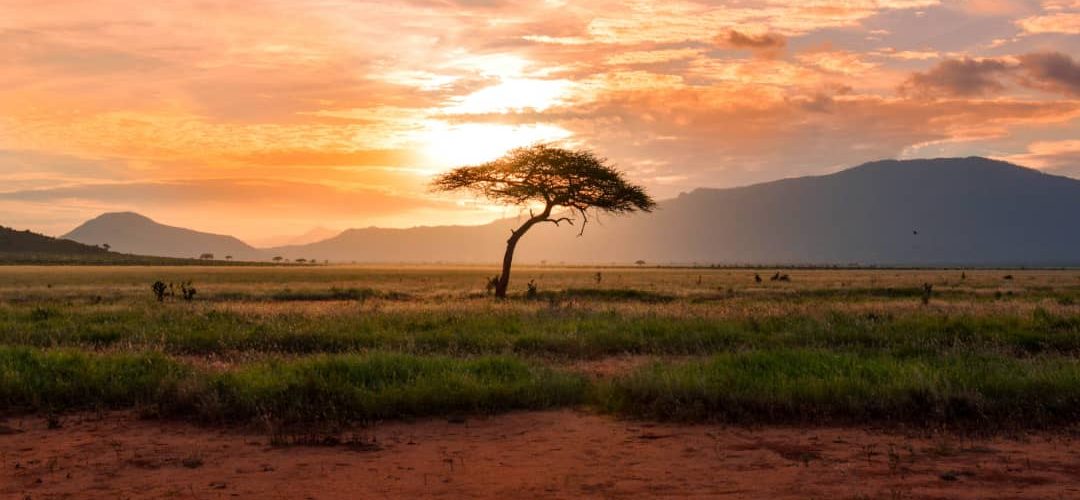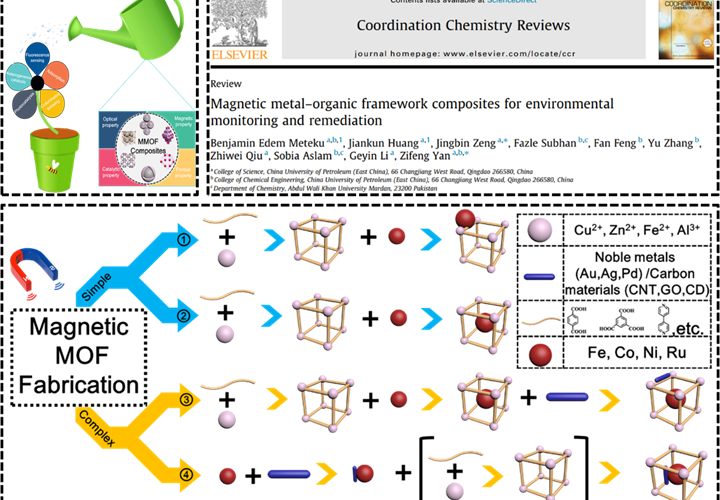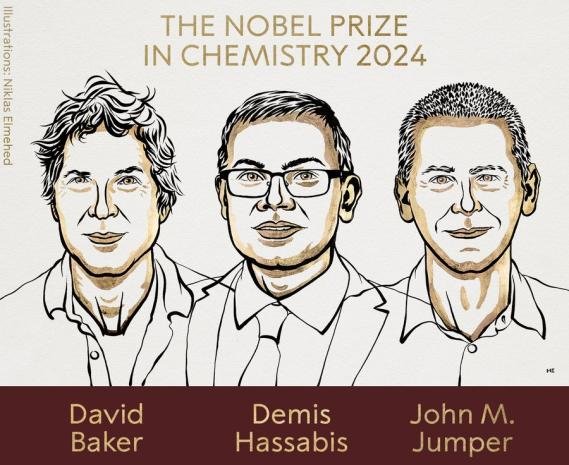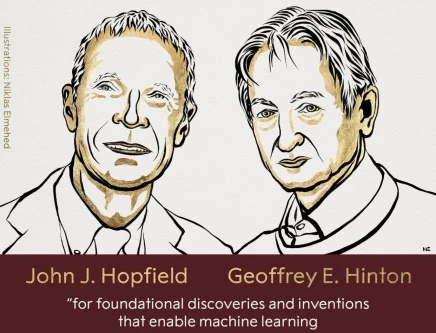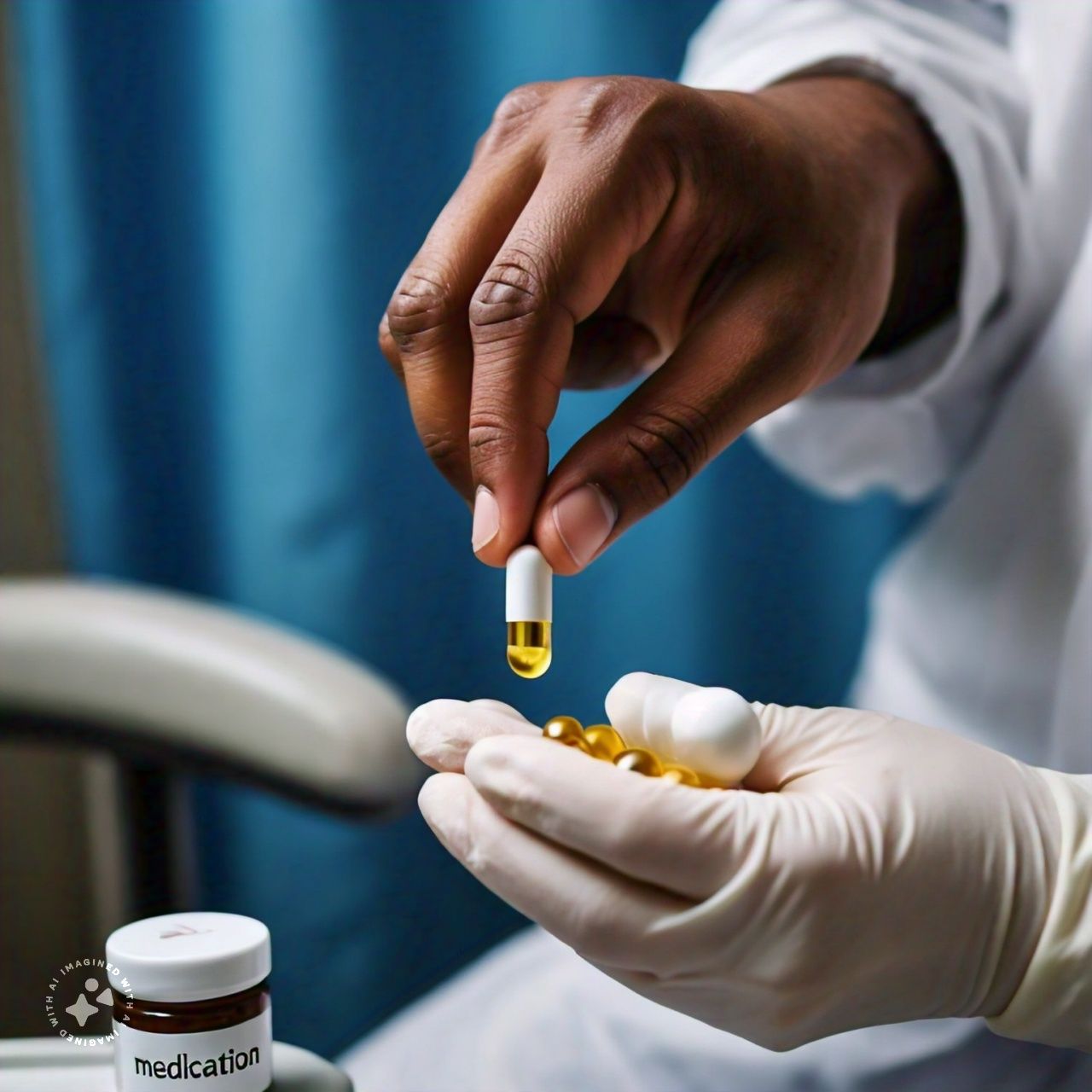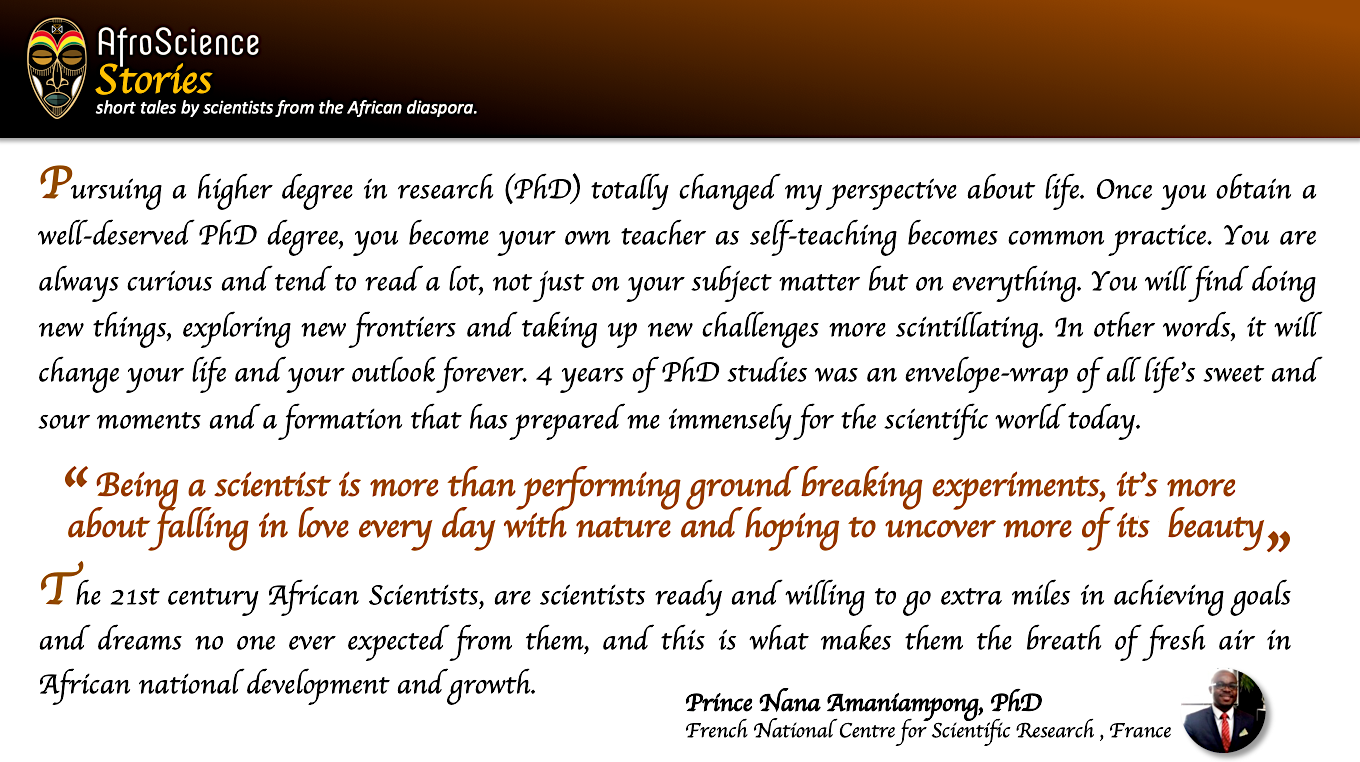Virtually every genetic condition in Nigeria has an unsavory term or belief attached to it: I know this because I was born hearing them. For instance, persons living with sickle cell disorder are often called 'sicklers', while persons living with Down syndrome are referred to as 'imbeciles'. These terms reflect the high level of discrimination against certain diseases.
Virtually every genetic condition in Nigeria has an unsavory term or belief attached to it: I know this because I was born hearing them. For instance, persons living with sickle cell disorder are often called 'sicklers', while persons living with Down syndrome are referred to as 'imbeciles'. These terms reflect the high level of discrimination against certain diseases. Genetic disorders, caused by gene mutations, range from sickle cell disease, albinism, vitiligo, and Down syndrome to extremely rare cases of Harlequin ichthyosis, and charge syndrome. Although there are individual studies on some of these conditions, there is currently no comprehensive data on the burden of various genetic disorders in Nigeria.
An existing narrative has been built on a foundation of wrong information—born by culture and religion—and constantly enforced by the media.
In Nigeria, the media, particularly movies, influence the citizens' views towards life. For instance, Nigerian YouTube Film Channels, a popular choice of filmmakers, boast over a hundred thousand and even millions in subscription figures. Other forms of media like talk shows, podcasts, and social media also contribute heavily to shaping the Nigerian mind. Genetic conditions are often explained as 'Acts of God', divine punishment, a part of mysticism, or generally bad luck. These beliefs are also depicted in movies, for example, persons living with dwarfism in historical dramas are usually portrayed as shrine assistants, mystical beings, or victims of ritual killings. Admittedly, these stories are told to preserve and share Nigerian culture, however, their influence has been far-reaching over the years.
Discrimination against persons living with genetic conditions transcends media depiction to real life—even in present times. Forms of discrimination include name-calling, ostracization, and social distancing (some pregnant women avoid contact with people living with dwarfism for fear that their unborn babies could 'contract the condition'). Some of these individuals are denied access to education and career opportunities, for example, Damilola Ogunsin, a Nollywood actor was told by a director that 'he could not be an actor because he is an albino'. There are also reports of abductions and ritual killings of both adults and infants living with genetic diseases in the country. Sadly, as of the time of publishing, there is no data on how many persons are affected by discriminatory acts. In its place are first-person experiences shared in articles or video interviews.
Most genetic conditions never get spotlighted: as only a 'few persons' are living with them. This is probably founded on a belief that the problem of one is not a problem until it becomes a problem of all. Regardless, these biases impede access to health interventions: several individuals are at risk of developing complications associated with these conditions. Moreso, there are very few platforms to get information about these conditions or updates on genetic therapies available. This has created an information gap that scientists should collaborate with both advocacy groups and the media to fill.
The use of new and traditional media is key to communicating the science behind these conditions. We have seen successful health education campaigns on HIV/AIDS, a heavily discriminated disease. Drama series like MTV Shuga not only drive sensitization but also provide information on the latest diagnostic kits. The initiative also utilizes social media to spread the word. The same strategy can be employed by scientists. Talk shows, blogs, radio programs, print media, or short films that address bias can be created—for example, a weekly television show or blog that features scientists discussing Down syndrome. Rare genetic conditions—which may not garner public attention—can be tied to conversations around more popular health needs. Charge syndrome, for example, (a rare disease found mostly in children) can be included in talk shows or print media content focused on neonatal health. These programs will foster an open channel for individuals to discuss, unlearn bias, and learn about new therapies.
Another media intervention is changing how stories, particularly historical tales, are told. As the Nigerian entertainment industry continues to evolve—with filmmakers exploring the lives of people and how they shape society—now is the right time to change the narrative. Moreover, exploring the lives of people with genetic conditions can change how they are perceived in the contemporary era. The Yoruba movie, Iya Afin, explores the struggles of a family with 4 children living with albinism. From fleeing their home, and grappling with discrimination from their new community to dealing with peculiarities associated with the condition—the movie builds empathy in the minds of viewers. Scientists can collaborate with filmmakers to provide information on the causes and management of these conditions. Moreover, a study published in the Orphanet Journal of Rare Diseases affirms that movies that focus on rare genetic diseases increase awareness of the psychosocial and economic problems these patients and their families face.
Conclusively, it is possible to reduce bias against these conditions. We have seen an example of a genetic disease that received a strong campaign: sickle cell disease, once known as the 'Abiku' or 'Ogbanje' condition. The campaign, over the years, has gained support from different bodies including religious institutions. Although these efforts might take time to bear fruits, the collaboration between scientists, advocacy groups, and the media can help create a system for persons living with genetic conditions to thrive in Nigeria. It is important to use the media to drive scientific communication and trigger a question in the hearts of people: a question of "What if I am the one?"
Conflict Of Interest
The views and opinions expressed in this article are those of the author, and they do not purport to reflect the policies, opinions, or views of the AfroScience Network platform.
Disclaimer
This article has not been submitted, published or featured in any formal publications, including books, journals, newspapers, magazines or websites.
Be the first to comment
Please login to comment

